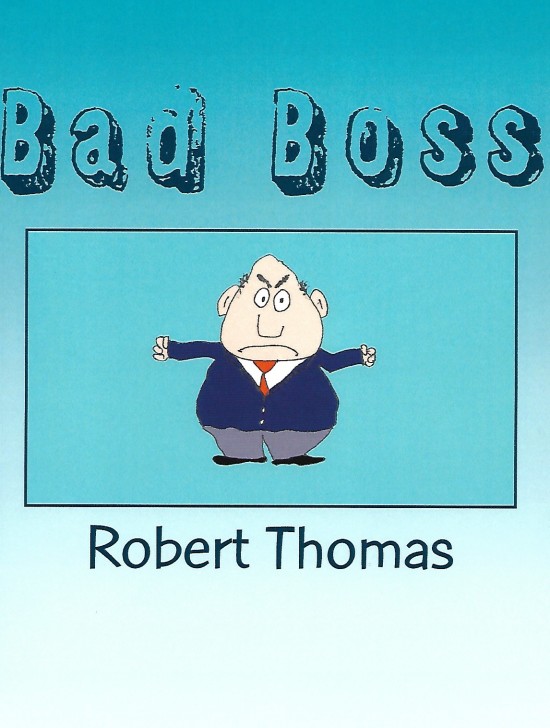December 12th, 2009
Health care math: 1 + 1 = -1
Bizarreville Senate leader Harry Dweed has got the whole Health Care issue figured out. He has, however, had to bank on a new, not yet fully recognized branch of Mathematics to make the numbers come out right…a branch he has named “Bizarreville Math”. PhD mathematicians worldwide are scratching their collective heads to decipher the pretzel logic on this one. It could be a candidate either for the Nobel Prize in Math, or the Gobel Prize in comedy. We’ll see.
Dweed proposes to expand Medicare to people in the age group 55-64, whom he says desperately want to early retire from their boring, mundane 40 hour/week jobs. “These people have golfing and gardening to do, and it’s getting harder to get it all done just on weekends,” Dweed advocated.
At the same time, Dweed proposed drastic cuts in Medicare coverage, such as limiting all hospital stays to 1 day max, and eliminating so-called “discretionary” procedures such as heart bypass surgery, hip replacements, and cataract surgery. “There’s alternatives for all those procedures that are far cheaper,” said a lib senator who apparently owes Dweed a favor. “My mother-in-law is a working example of 1 of those. I just bought her a beautiful guide dog for 200 bucks. That’s what we call ‘fiscal responsibility’ in our household.”
Dweed said that his program will make Medicare solvent once again, using Bizarreville Math concepts and fully endorsed by Bill Smith Accounting and Waste Disposal Services LLC. Critics have challenged the analysis, but Bill Smith gave a simple answer on how it works. “Senator Dweed just gave me the answer, and all I had to do was plug the numbers to make it come out right. Could not have done this years ago. But with new Microsoft Excel spreadsheet technology, it makes it so much easier to do the reverse math.”
Dweed responded that it’s not quite that simple. He claims that he used sophisticated algorithms, linear regression, and multi-variate analysis of inputs to derive the proforma calculations. “But I guess we came out with the same answer, so who cares?”
(thanks for the idea, Mark)










